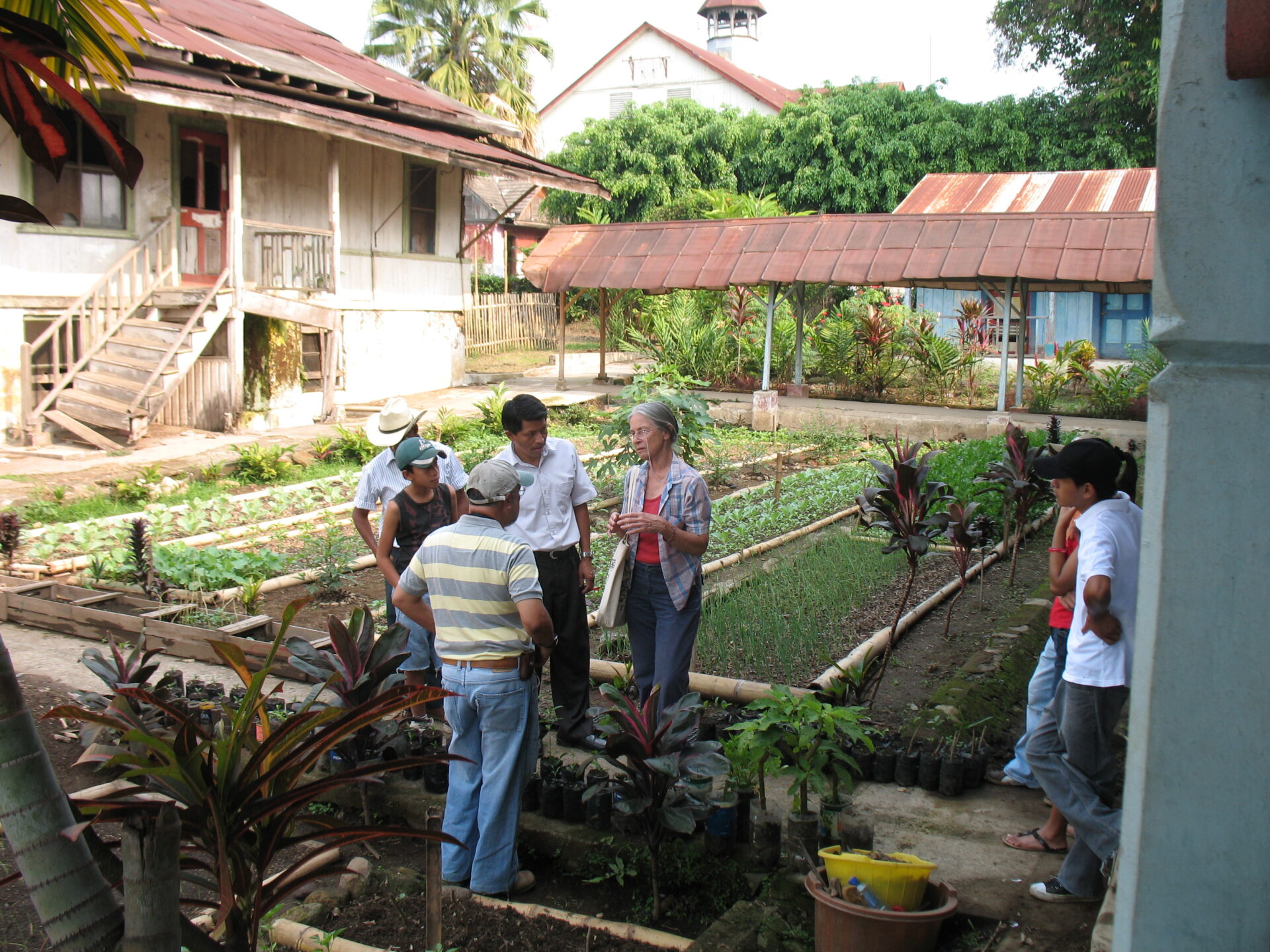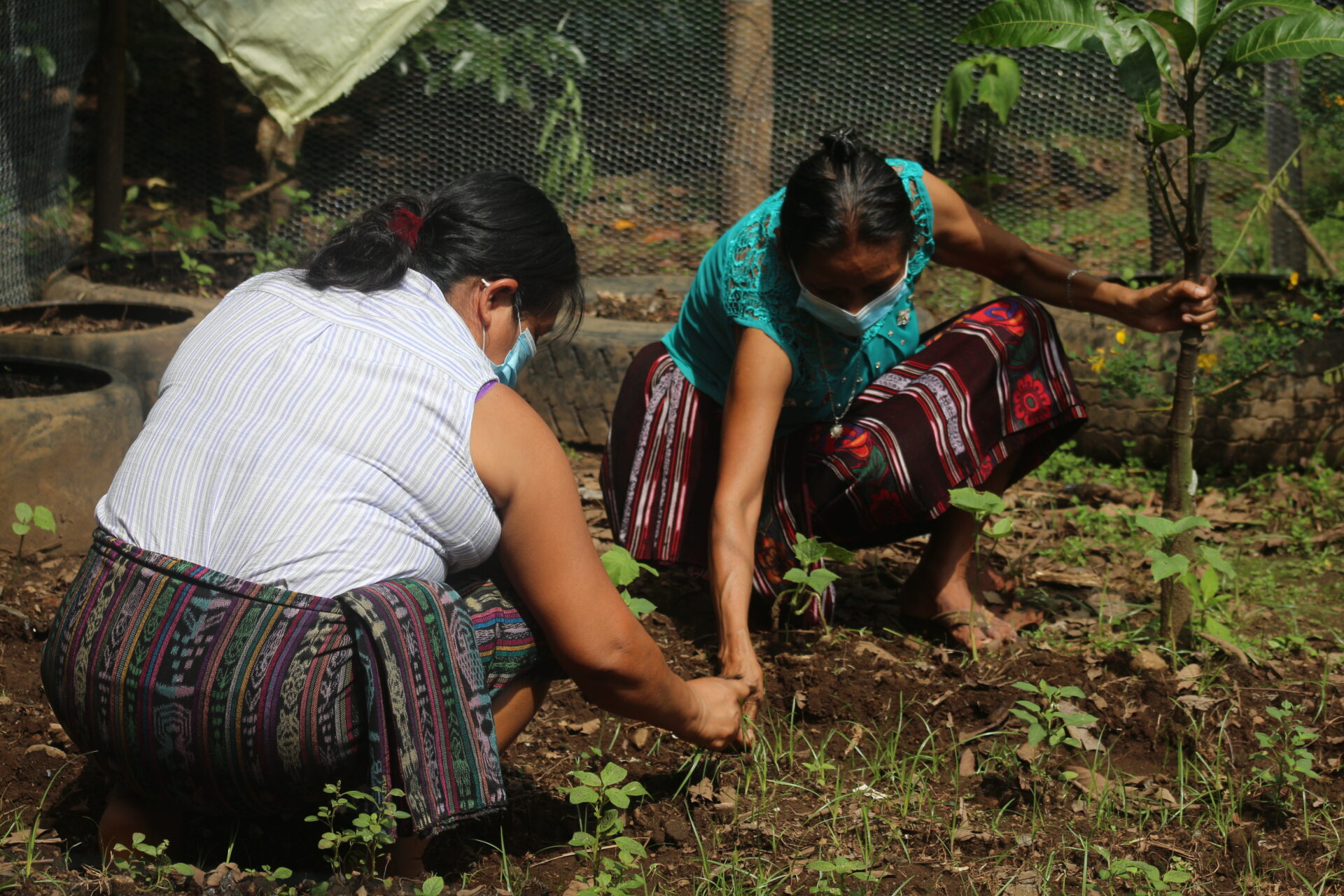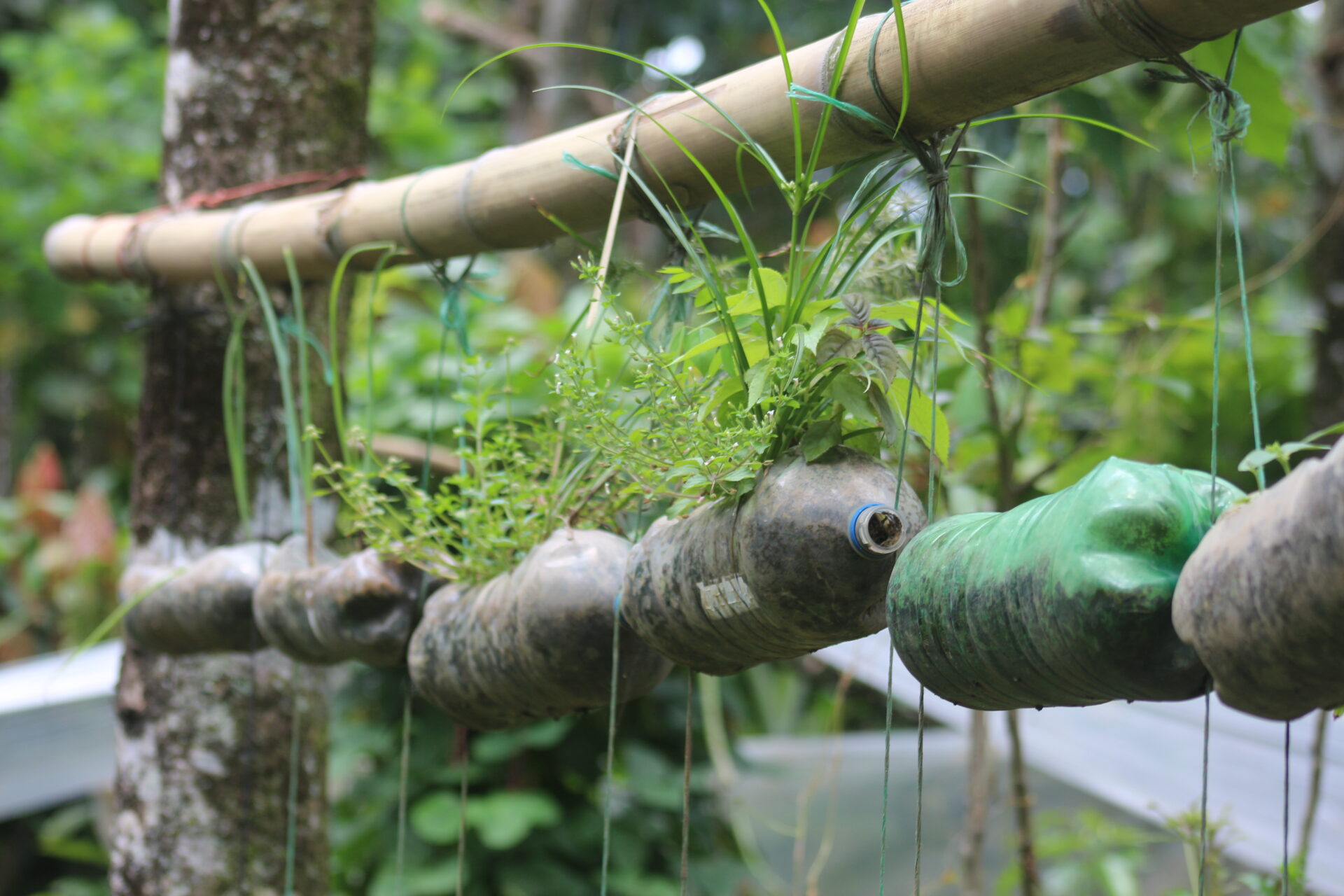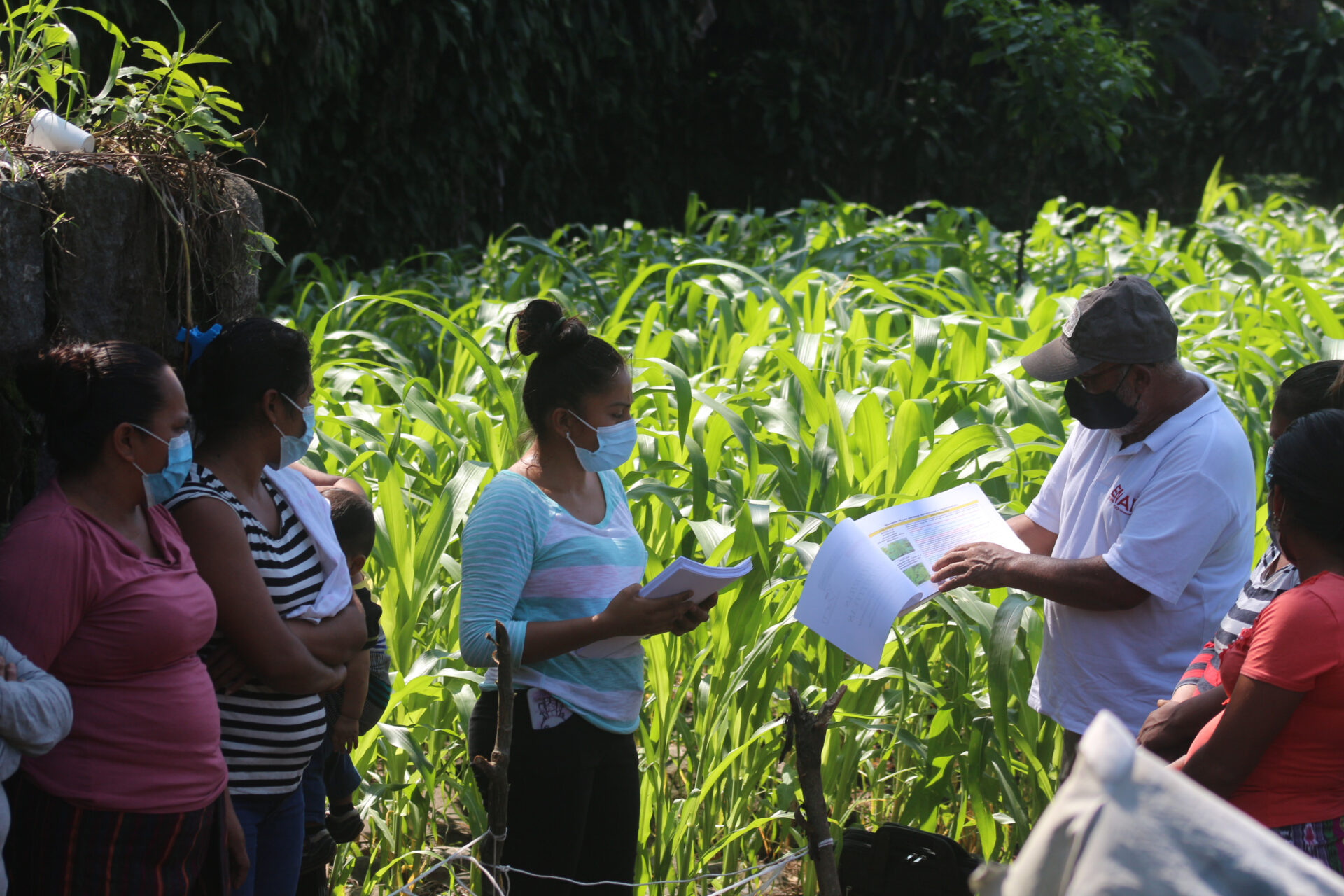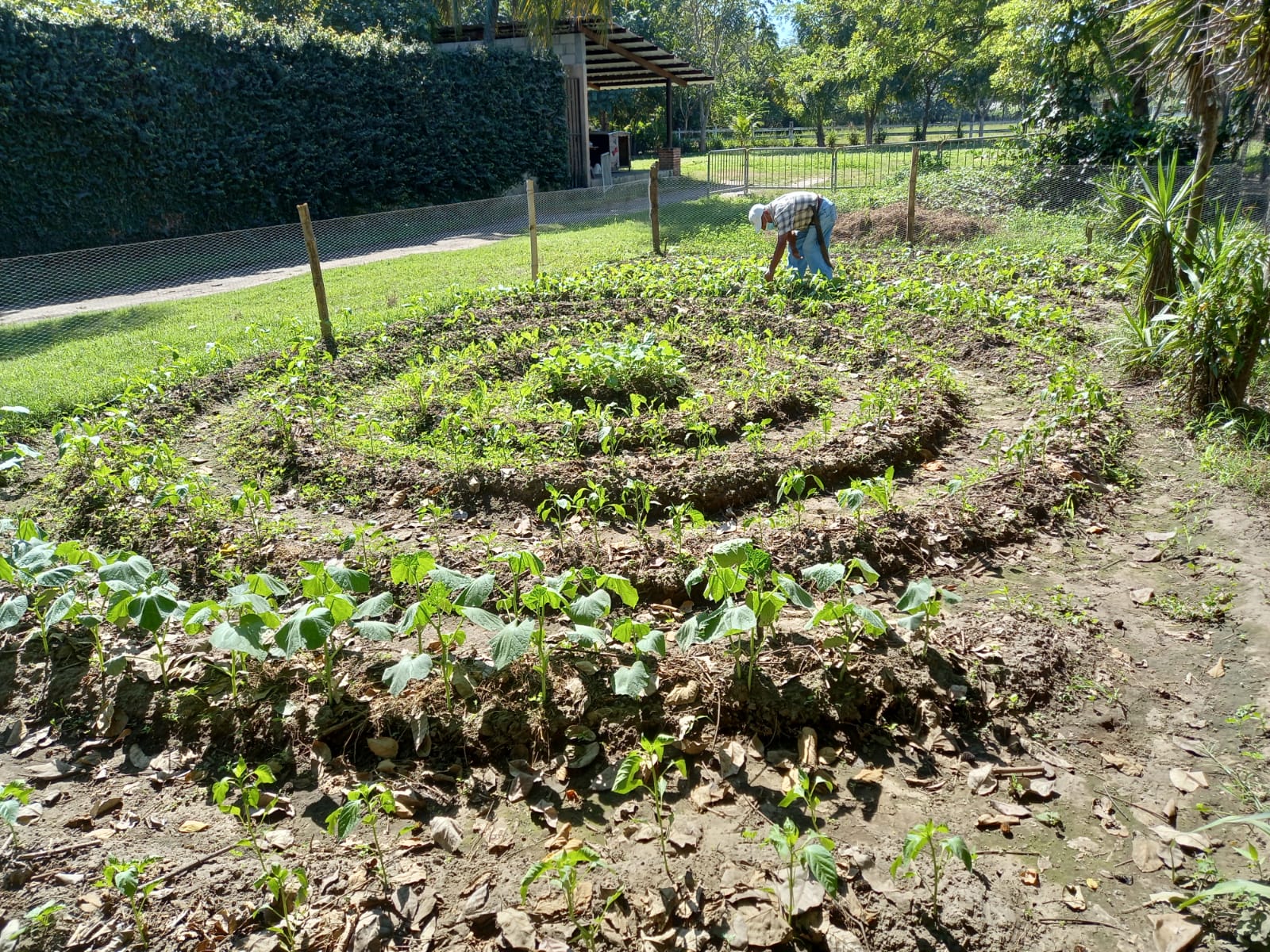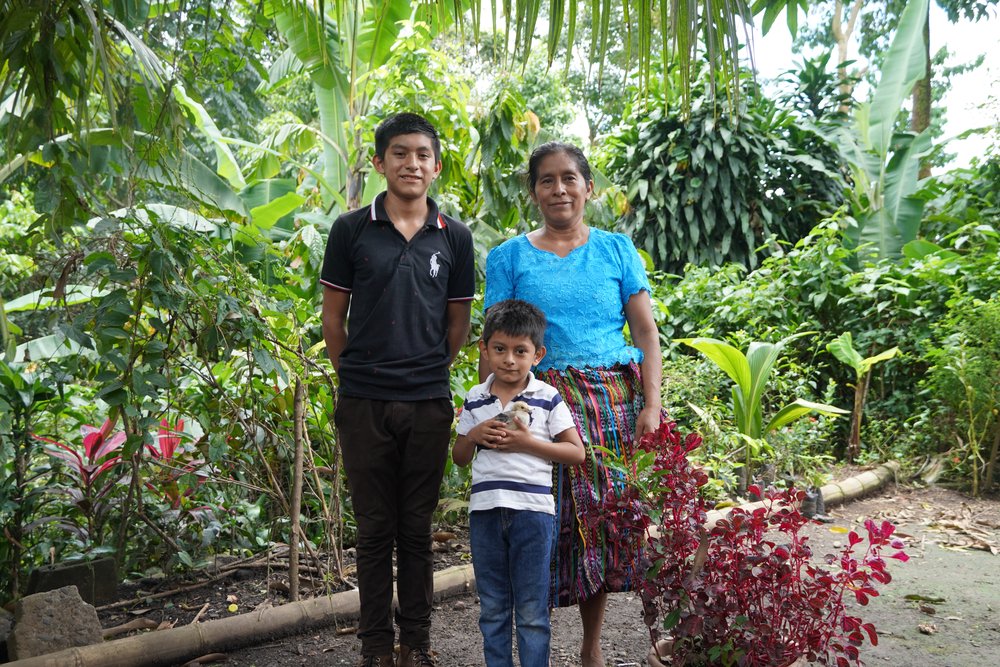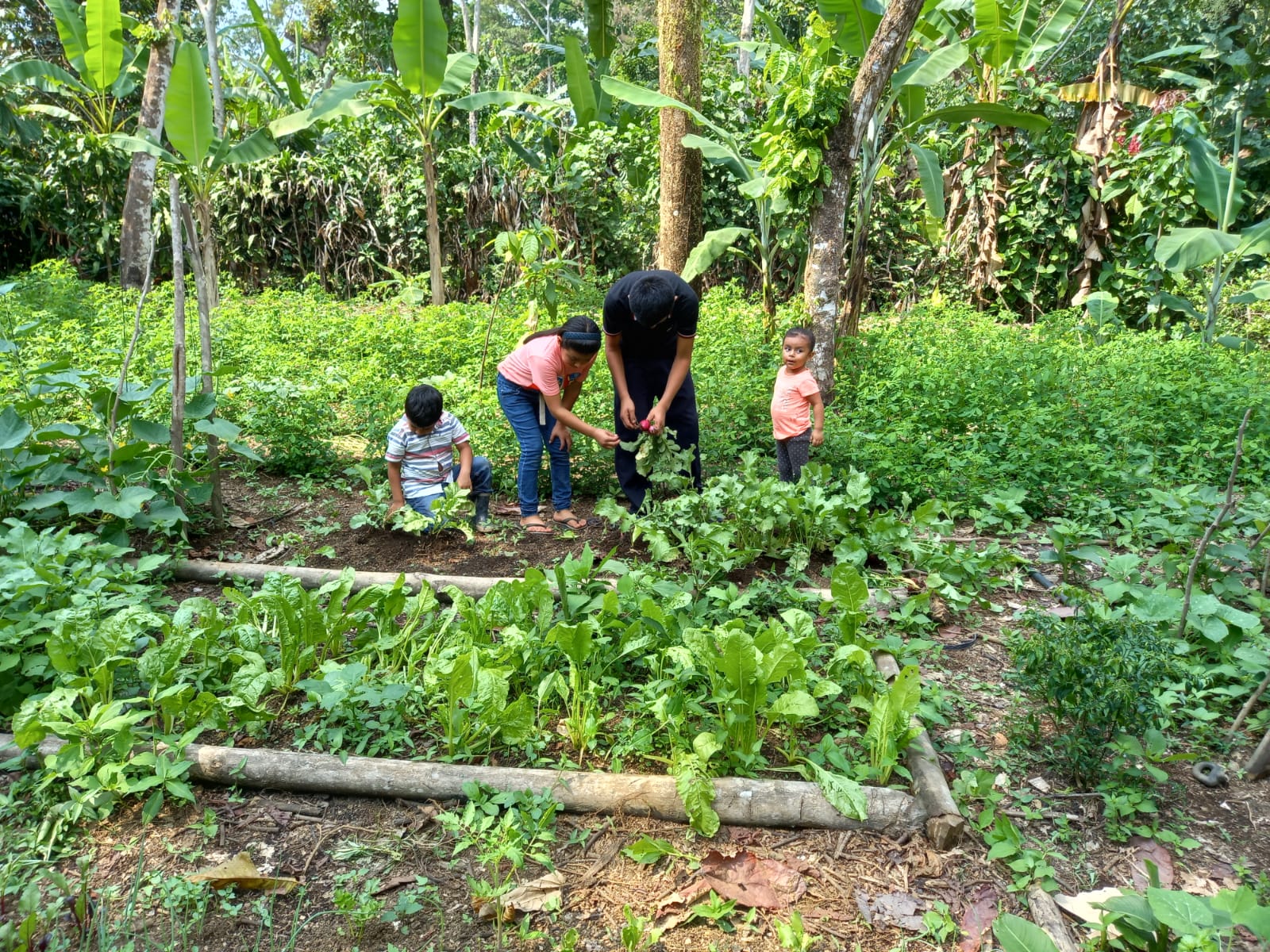Q+A
Questions from audience, with responses from Seeds for a Future
Are there any plans to expand this program to other parts of Latin America?
Response from Suzanne de Berge, Founder: Yes, we are planning to expand our “backyard farm” program throughout Guatemala and beyond, and we are currently seeking one or more major partners to facilitate this expansion. Seeds for a Future began in the village of Chocolá and has spread its concepts and methods into 19 communities in 10 of Guatemala’s 22 Departments (or states). We believe our program is successful in all these areas because the fundamental concepts and methods have proven to be adaptable to a wide range of cultural and climatic environments. In addition to improved nutrition, food security, and family income, another vital result is the reawakening of self-confidence and self-reliance among participants, which builds success for families and communities into the future — sustainability!
Is there any participation, especially in your educational programs, by churches or local religious groups?
Response from Suzanne de Berge, Founder: We will work with faith groups that request our program if we can do so within our guidelines of mutual respect and knowledge-sharing and are not asked to proselytize or advocate for anything other than for families to build better lives for themselves.
With prevalent folate deficiency, is there a high rate of neural tube defects in Guatemala?
Response from Daillen Culver, Director of Operations: I’m not aware of a high prevalence of neural tube defects in our area specifically, though keep in mind this is an area with very few doctors and even fewer hospitals. Most births take place at home, and many conditions/disabilities go undiagnosed. A quick search shows reports of neural tube defects caused by mycotoxins found in certain maize varieties in Mexico/Guatemala. But we are not clinicians, so we wouldn’t be able to make a definitive statement on that!
Would readily available birth control lead to small families, making the malnutrition problem easier to solve?
Response from Suzanne de Berge, Founder: We try to avoid any appearance of favoring or opposing any religion, political party, or other faction. When we began work in Chocolá, the community was steeped in suspicion and factionalism, so our policy of neutrality was vital to building community confidence, and it has served us well even in less fractured communities. It is important that families and communities understand that our “agenda” is only that families should live better — build better lives, by themselves, for themselves.
Especially in rural and more traditional areas, birth control is a difficult topic, and although availability plays a role, cultural and familial beliefs often prevail. Thus, the roles family members often hold to the old patterns of strictly gender-defined roles. In addition, religious teachings often frown (severely) on the use of birth control, and old cultural patterns persist from times when large families were desirable for providing a sufficient number of family members to perform the work of survival. In recent years, it has become more possible to offer information on birth control in the form of family planning — to discuss spacing births to help preserve the mother’s health and allow her to give adequate care to each child.
Does eating rice with beans make them more nutritious? If not, how do you get protein if you don’t eat meat?
Response from Daillen Culver, Director of Operations: Yes, rice and beans are preferable to just beans as they have complimentary amino acids that come together to form a complete protein! However, the rice/beans combo still lacks key vitamins and minerals, like vitamins C, E, and K. And these foods are already naturalized into local diets to the point that we see an overconsumption of rice/beans at the expense of a more varied, nutritionally diverse diet. So, we try to encourage our families to incorporate leafy greens like chard to ensure a balance.
Is there local government interest, support, or participation?
Response from Daillen Culver, Director of Operations: As to local government interest or support, there is little of this, especially in the rural areas. The national rate of malnutrition has scarcely been reduced in decades, although there has been slight improvement in urban areas. Few national resources are directed to these problems, and any programs are top-down, inflexible, and have little to no record of success.
Program Testimonial

 Daillen Culver is an anthropologist and community organizer with nearly a decade of experience in the humanitarian sector. She currently serves as a Research Contributor for Seeds for a Future, where she supports local efforts to eliminate food insecurity and malnutrition in rural Guatemala.
Daillen Culver is an anthropologist and community organizer with nearly a decade of experience in the humanitarian sector. She currently serves as a Research Contributor for Seeds for a Future, where she supports local efforts to eliminate food insecurity and malnutrition in rural Guatemala.